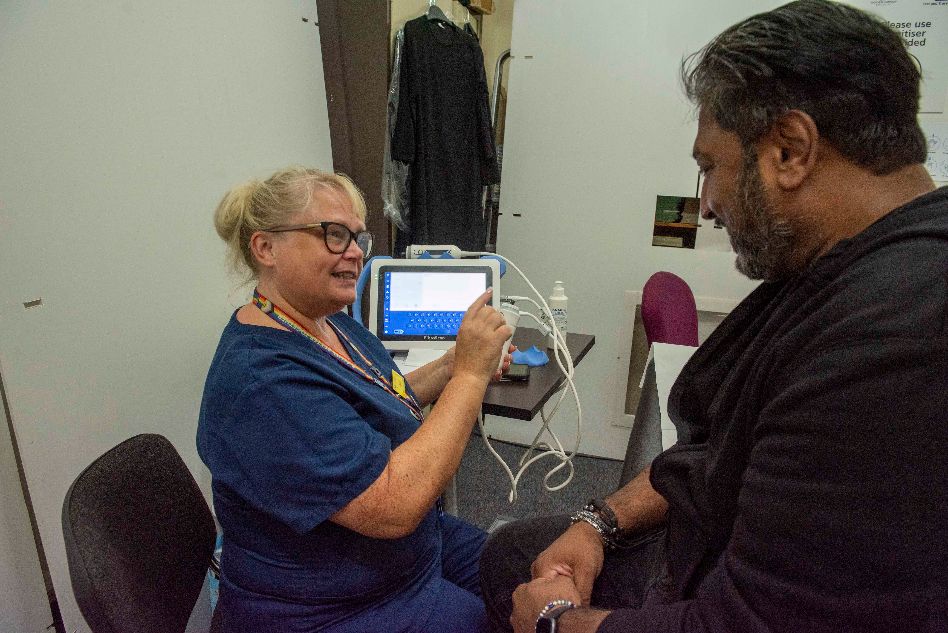The West Midlands region continues to see an increased number of outbreaks of stomach bugs, including norovirus – with reports showing significantly higher levels than this time last year. Public Health England (PHE) West Midlands is therefore urging people to support their local NHS and call before going to the GP or A&E if they are poorly with a stomach bug.
Dr Helen Carter, Deputy Director for PHE West Midlands, said: “At this time of year we see a lot of diarrhoea and sickness bugs, which are very infectious. So if people feeling unwell with a stomach upset decide to visit their GP, a walk-in centre, or their local A&E, they could be putting a lot of other people at risk of infection and adding significantly to the seasonal pressures already experienced in healthcare settings.
“Norovirus usually leads to mild diarrhoea, vomiting and abdominal or stomach cramps. People generally recover quite quickly from these bugs and there is no specific treatment, apart from drinking plenty of water to avoid dehydration and avoiding reinfection with good hand hygiene – especially before eating and after going to the toilet; along with cleaning touch points and communal areas with a bleach-based cleaner.
“Laboratory reports of norovirus are considerably higher than this time last year and higher than the 5-year seasonal average. People feeling unwell can call their GP or NHS111 for advice. Over half the outbreaks we’re seeing are in care homes – so it’s really important that staff in those settings seek advice on the phone from their GP surgery before considering transferring people to hospital. If someone is seriously unwell and in need of hospitalisation, it is still important to let NHS staff know that the person has an infectious illness, so the correct measures can be taken to avoid spreading the bug to other patients and healthcare workers.”
Dr Kiran Patel, Medical Director for NHS England in the West Midlands, said: “We are asking people not to visit hospitals and care homes to see relatives or friends whilst they have sickness and diarrhoea, or if they have recently experienced these symptoms. This is because people may still carry the virus and infect others up to three days after their symptoms have stopped.
“People concerned about visiting a relative or friend who may be in hospital or living in a care home should speak to the nurse in charge of the hospital ward or phone the care home beforehand for advice.”
















